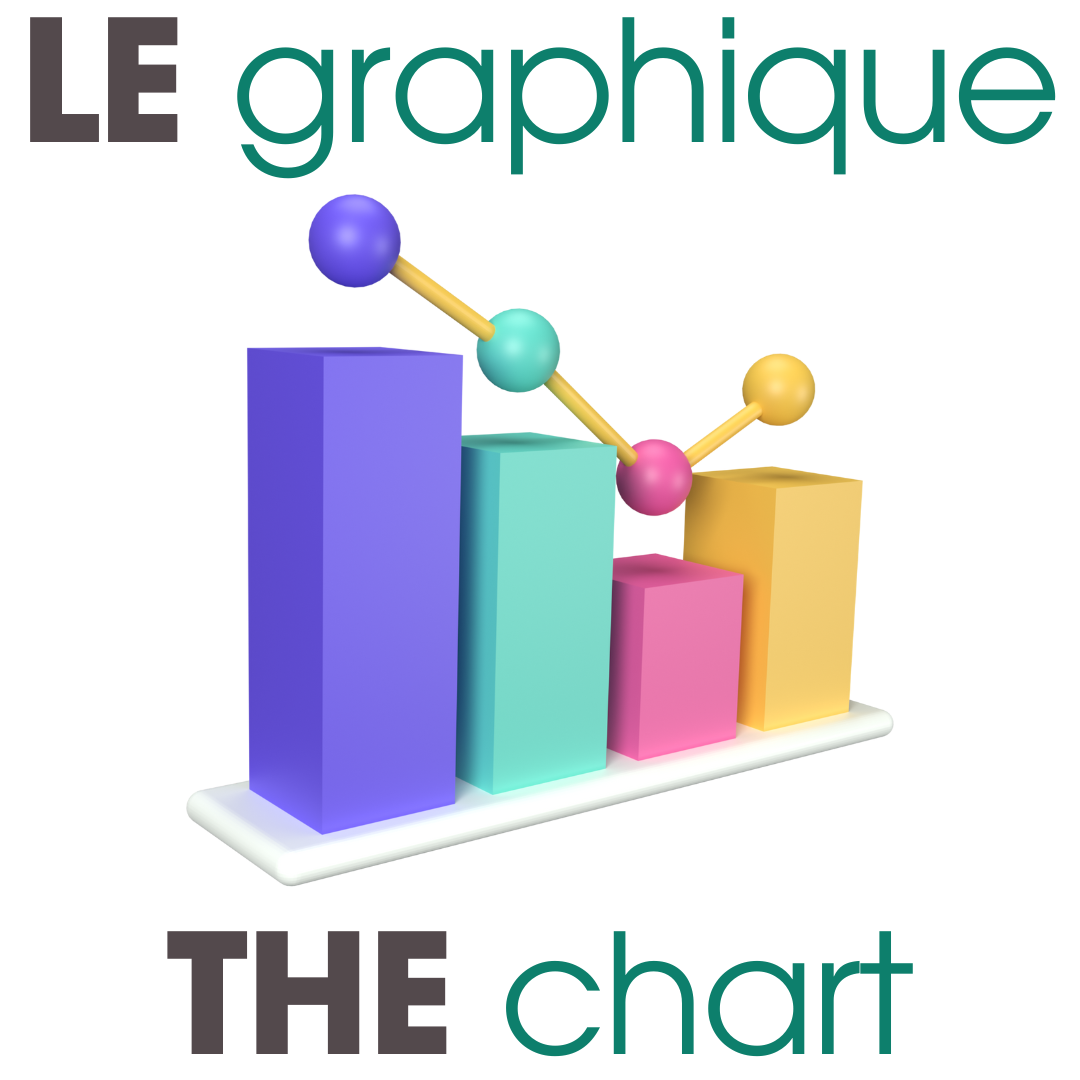Indo-European Free Trade Agreement: New Market Opportunities for European Products
By Houssein Guimbard
Tariffs are at the core of the trade agreement concluded between the European Union (EU) and India at the end of January. The agreement offers European exporters a tangible opportunity to strengthen their presence in this vast market.



